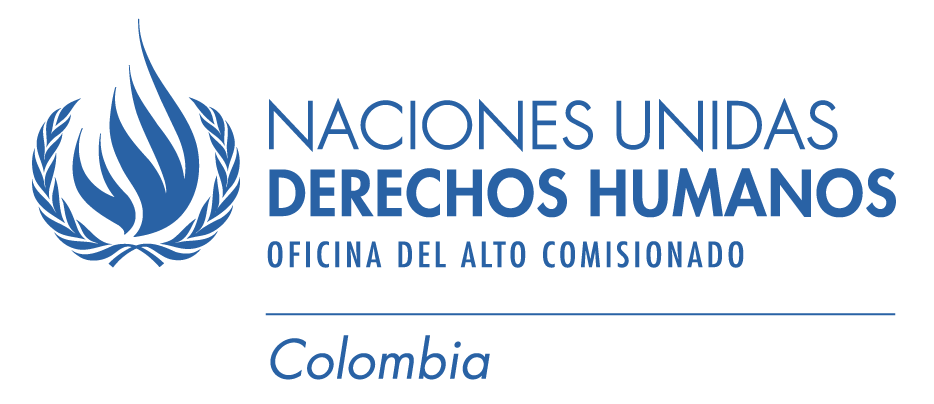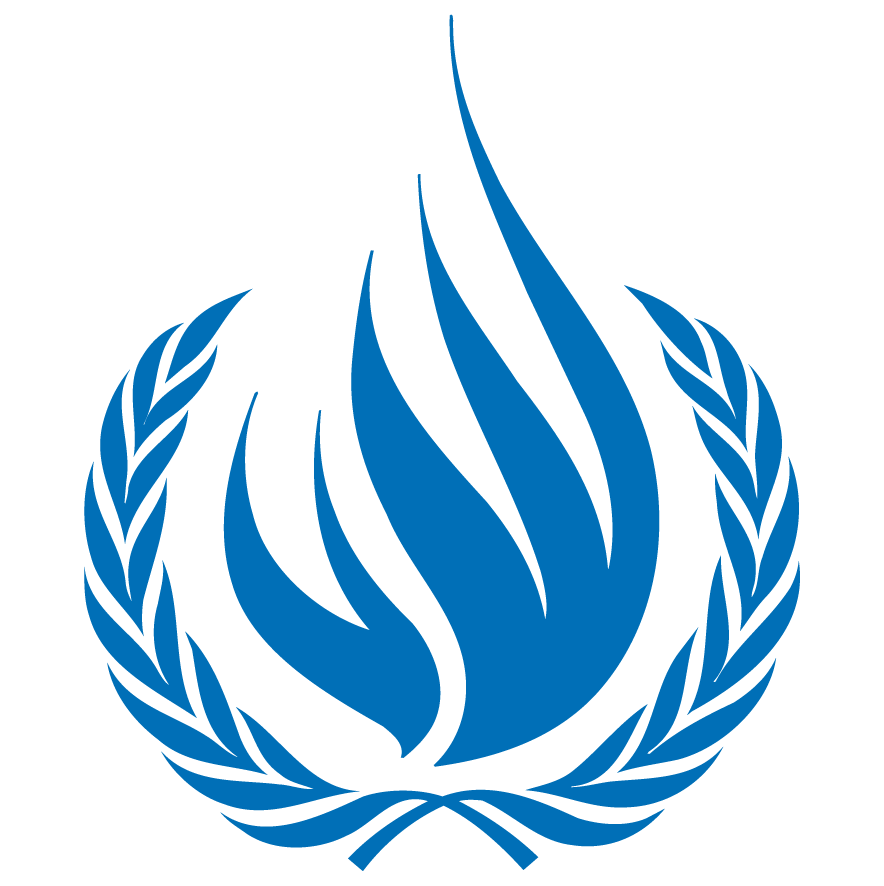IT HAS been an auspicious start to the year in Colombia. Fewer people have died in the country’s armed conflict than in any other month in the past 30 years. That is a result of the declaration of an indefinite ceasefire by the FARC guerrillas. After more than two years of talks in Havana between the government and the FARC, officials are optimistic about reaching an agreement in the coming months. “I hope this is the year of peace,” said Juan Manuel Santos, Colombia’s president.
Maybe. The peace process emerged stronger from a crisis in November, when the government suspended talks after the FARC kidnapped an army general, securing his swift release. But if the talks are indeed on the last lap, this could yet be a long and difficult one. The negotiators have reached agreements on the first three items of a six-point agenda, concerning rural development, the guerrillas’ participation in politics and steps to curb drug-trafficking. Since July they have been locked in discussions on the most delicate point of all: “transitional justice”—in other words, striking a balance between truth, justice and reconciliation.
A generation ago, as the cold war waned, leftist guerrillas laid down their arms in several Latin American countries. The formula involved an amnesty for war crimes committed by rebels and soldiers alike. El Salvador’s peace accord included a pioneering Truth Commission, which aimed at speeding reconciliation. Several small Colombian guerrilla groups disarmed in the 1980s in return for an amnesty and democratic reforms, which culminated in a new constitution in 1991. But the FARC carried on fighting.
Two things make the current peace talks much more complicated. First, Colombia’s conflict is unusually messy. What began as an ideological battle shaded into criminality. In the 1980s the FARC turned to drug-trafficking, kidnapping, extortion and, more recently, illegal gold mining to finance itself. Its resort to bombings and landmines killed and injured hundreds of civilians. For its part, the army turned a blind eye to right-wing paramilitary vigilante groups. Before they disarmed a decade ago they massacred villagers in areas of guerrilla influence.
Second, the world no longer accepts amnesties. The International Criminal Court claims a mandate to try those accused of war crimes. Polls suggest that a large majority of Colombians, too, want to see the FARC commanders in prison rather than in politics.
No guerrilla group makes peace in order for its leaders to go to jail, counter the FARC negotiators. Thanks to a military build-up under Álvaro Uribe, Mr Santos’s predecessor, the guerrillas no longer have any chance of overthrowing the state. But they still have some 7,000 fighters; around 600 Colombians were killed in the conflict last year and tens of thousands were displaced from their homes.
The government’s idea is that in return for an amnesty for the rank and file, and the lifting of sentences already imposed by the courts, guerrillas accused of war crimes should face trial by a specially constituted tribunal. Those found guilty will have to serve time in some sort of jail, although less than they might ordinarily get. But who will select cases for trial? Public prosecutors or a truth commission? And should the same rules apply to army commanders, as the FARC insist?
The notion worries the army, as does the possibility that judges might reopen cases in the future. This fear was crystallised in 2012 when a retired colonel was sentenced to 30 years for disappearances that occurred in 1985, when troops retook Bogotá’s Palace of Justice from the M-19 guerrilla group (which, unlike the army, was later amnestied).
It is in the FARC’s interest, too, that the peace agreement be proofed against future revision by Colombian or international courts. And it must be accepted by Colombians in the referendum that Mr Santos has promised. In other words, it cannot involve complete impunity for war crimes. Some of the FARC’s leaders, who have been sentenced (in absentia) for crimes against humanity, must go to jail after new trials. They might be prepared to accept punishment to give their followers security and protection from prosecution. But they resist the humiliation of their movement that their collective incarceration would imply. Mr Santos’s task is to persuade the FARC to choose pragmatism over pride.
After half a century, Colombia’s conflict is winding down. The government has responded to the FARC ceasefire with “de-escalation” of its own. But striking an agreement on justice, so that the guerrillas demobilise and the conflict formally ends, will take months of hard talking.




